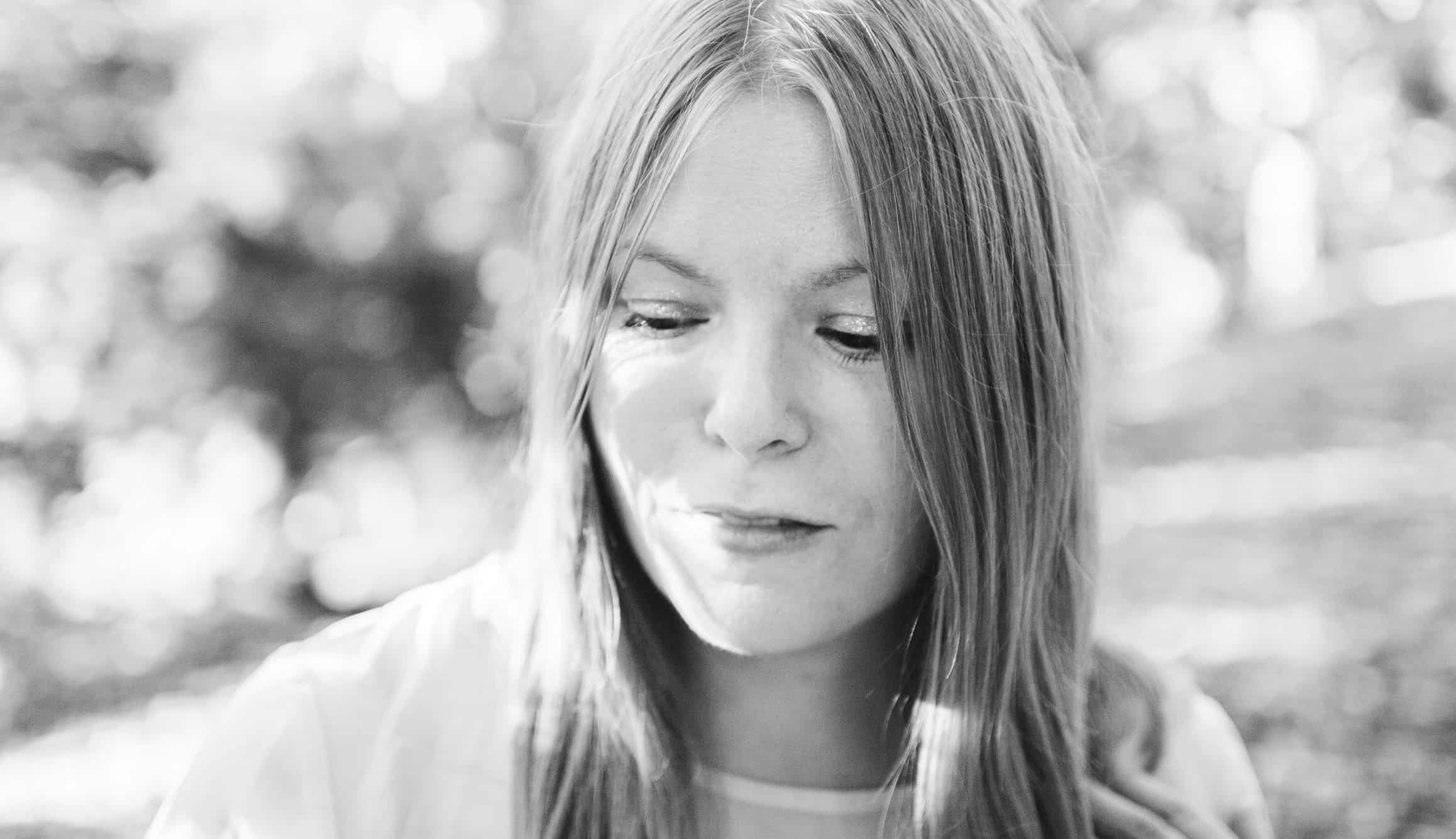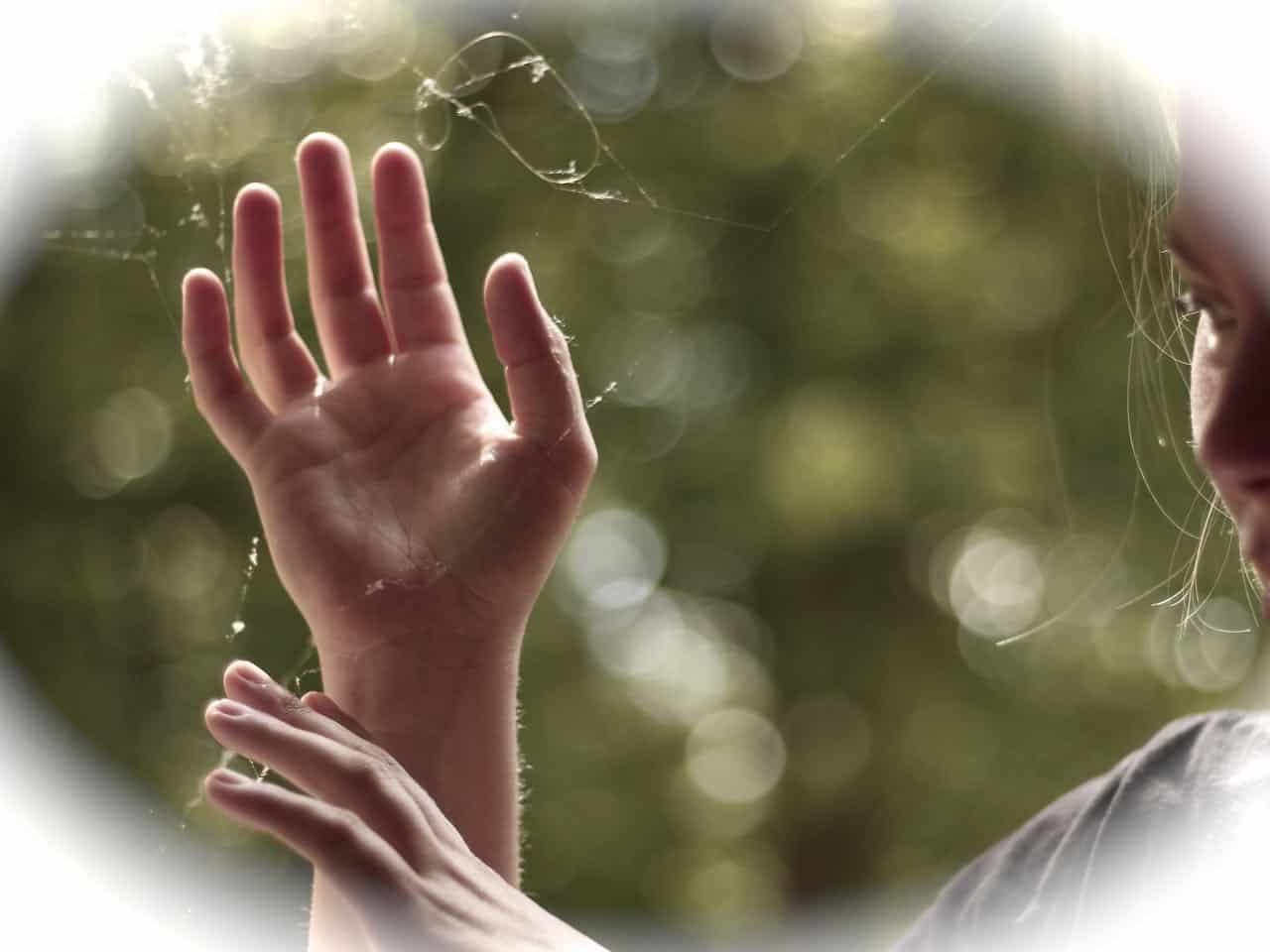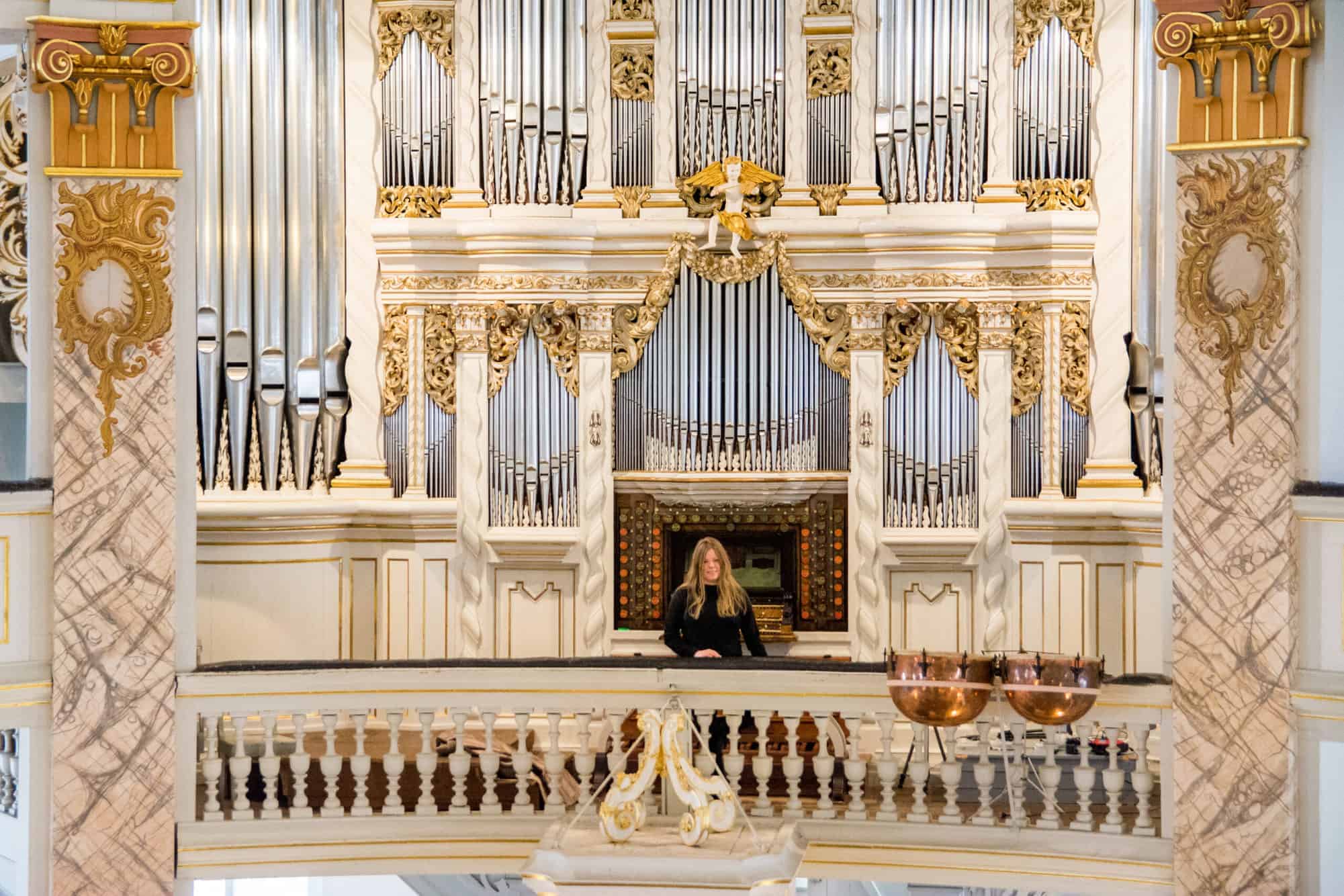
Organ Tutoring
Flying Bach.
Interdisciplinary musical education
‘The art of music is there for everybody,
And everybody has the right and the vocation
To enjoy it.’ (Tonger)
‚I regard music not only as an art, which pleases the ears, but one of the most powerful means of moving your heart and arousing emotions.’ (v. Gluck)
Musical education. Artistic Bach tutoring
Culture Studies, Audience Development, Musicology
First contacts of teenagers with Bach’s music and with classical music: cultural tutoring
„Music is a language of comfort, set with coloured tones.”
(AHS, graduated musical educator, Master of Arts, instrumental educator, M.Mus)
Classical music tutoring. Dialog concerto. Concert education. Musical education
Bach and classical music: authentic, timeless, fresh from the spring, masterly, offline. Protected area.
Here: Book First Contact with Teenagers: Bach’s Music, kopaed-Verlag, Munich
„The important thing about Bach tutoring and musical tutoring is that music narrates itself. Bach communicates himself, he does not need a show. It is about the integrity of music itself.” (AHS)

What makes her special is her extraordinary connection and unity between scientific research, pedagogy and artistic international activity, already during her education: study of double major Magister musicology and scientific music pedagogy, University of Würzburg with Ulrich Konrad, Friedhelm Brusniak, Magistra Artium. In addition, Diploma Instrumental Pedagogy (Diploma HfMT Cologne) and Artistic Diploma, Master and Concert Exam Piano HfM Würzburg with Bernd Glemser. In addition, Master of Organ (Christoph Bossert, Pieter van Dijk). Academic studies with Alexander Lingas, USA, Elena Ungeheuer, Kai Köpp, Reinhard Flender, HfMT Hamburg. Doctoral studies in musicology with Helmut Loos at the University of Leipzig and doctoral studies in musical tutoring and musical education at the University Mozarteum Salzburg with Heike Henning and Silke Schmid, Freiburg. Her dissertation, an empirical study in music education and Bach mediation, bears the title BACH BERÜHREN (2021/22) (Touching Bach).
“Creating a connection and collaboration between the artistic profession, science and research is important.” (AHS)
Supported in 2020 and 2021 by grants from the Ernst von Siemens Music Foundation Switzerland and the Gisela Bartels Foundation, concert organist, concert pianist, researcher and composer Ann-Helena Schlüter studied concert organ 2018-2021 at the conservatoires HfMDK Frankfurt am Main, HfK Heidelberg, HfM Würzburg and HfMT Hamburg with Ericsson, Bossert, van Dijk, Master grade 1.0, has been performing worldwide on all continents since 2010, also in Corona times. Concert exam piano with Bernd Glemser.
Ann-Helena Schlüter, Swedish-German artist and lyricist, studied in Germany, USA (Phoenix), Australia (Perth) and Austria, funded by DAAD, concert subject piano concert exam master class diploma Bernd Glemser, HfM Würzburg, HfMT Köln, HfM Detmold, musical education and musicology at the University of Leipzig, University of Würzburg, University Mozarteum Salzburg (Magister Artium; doctoral programme, dissertation probably end 2021). She is a musicologist, music tutor and book author, publishes CDs with Audite, Hänssler Classic, sheet music, volumes of poetry, novels (SCM). She is an international prize-winner in literature, music, painting. She writes orchestral works, organ works, piano works, choral works, songs (Laurentius Musikverlag, Furore Verlag, Heinrichshofen Verlag). In the USA she studied church music and chamber music, piano with Walter Cosand, Eckart Sellheim, Kimberly Marshall, Hugh Sung.
Her latest musical commission for Organ 2021 is the Windows of Tholey. For this purpose, she is in contact with the artist Mahbuba Maqsoodi. Her new organ CD 2022 with Audite-Verlag will also contain her own works. In composing, she is Swedish.

Organ pianist. Flying Bach
Maria 2.0
List of lectures, investigations, research
- Investigations into the effect of piano music by J.S. Bach on children and young people at the Jazzhausschule Köln, Music school Klangwerk Koblenz, Scottsdale Performing Art Studio Arizona, USA, Music school Schweinfurt, conservatoire Magdeburg, Music school Backline School Würzburg).
- Surveys and lectures on the subject of J.S. Bach and young people: Zempleni Festival Sarospatak Hungary, University of the Philippines Manila, Deutscher Tonkünstlerverband Bayern
- Studies within teaching assignments: Direction of scientific, musical, pedagogical projects at the University of Würzburg in the piano class: cycles by Hugo Distler, Helmut Lachenmann, J.S. Bach, Haydn, Chopin.
- Concerts in public places and train stations, Bellavista film Frankfurt am Main (2017-2019)
- Surveys on Bach’s Music in the University of the Philippines Manila
- Surveys on the topic of Bach’s music in the German Association of Musicians in Bavaria
- Bachelor thesis including the Bach organ CD, Classicophon Verlag Emsdetten/Rheine, Hochschule für Musik und Darstellende Kunst HfMDK Frankfurt 2019
- Grand piano on tour. Die auf den Tasten tanzt (Dances on the keys): Brunnen Fontis Verlag (Experiences with concert audiences) Basel 2016
- Music poems, Bach poems opus 1-3
- Booklets written for 9 further own CDs (Hänssler Classic Verlag Neuhausen, cap-music Verlag Altensteig, Periplaneta Verlag Berlin)
- Essays, commentaries on works, analyses
Scientific publications; treatises, texts on music, comparative music education
- The Humbleness Principle in Bach’s Music and the Effect of the Art of Fugue in First Contact with Young People, Kopaed-Verlag Munich (softcover 2019).
- Bachelor thesis Bach between Lübeck and Paris, HfMDK Frankfurt am Main, published 2019, Classicophon
- Diploma thesis on Szymanowski’s Masks, Hochschule für Musik und Tanz HfMT Cologne
- Master’s thesis on Schubert’s Wanderer’s Fantasy, Arizona State University Phoenix, USA
- Master’s thesis: Bach’s Goldberg Variations (Rheinberg, Reger), University of Würzburg (published 2011)
- Research in Eastern Europe on musical tastes and beliefs among young people (2015-2019)
- Participation in the AMPF conferences Cologne, Dortmund, Würzburg 2017-2019
- Interviews with post-millennials between 14 and 17 years at the youth club B-Hof Würzburg since 2015, surveys in music high schools Würzburg and Nuremberg 2016-2019
- Concerts for children and young people in comprehensive schools (e.g. in the Döbeln/ Leipzig comprehensive school, Nuremberg-Langwasser day care centre, Lukas School Munich, Martins School Hanover)
- Moderator of the doctoral students’ forum at the University of Leipzig 2018
- Lecturer Leipzig University Days 2016
- Diploma thesis on Szymanowski’s Masks, Cologne University of Music and Dance
- Master’s thesis on Schubert’s Wanderer’s Fantasy, Arizona State University, Phoenix
- Master’s thesis on Bach’s Goldberg Variations, University of Würzburg (comparative study)
It is important to me to confront young people, especially teenagers, with classical music, art, and spirituality, to show patience and trust employing J.S. Bach and his music, using art and classical music, because culture is good for us; but it is not imparted touchingly and passionately enough. And to also investigate how teenagers feel in these times. For this reason, I published the following study: The Humbleness Principle in Bach’s Music and the Effect of the Art of Fugue in First Contact with Teenagers (paperback 2019, kopaed Verlag, Munich). To encourage 14-17 year-olds to reflect and ask questions even in difficult times and crises, I have written the novel Frei wie die Vögel (Free as a Bird), which thematizes the Lübeck martyrs sacrificing their lives under the Nazi regime (SCM Verlag 2018). Teenagers and post-millennials have always been close to my heart, which is why I chose my dissertation topic: TOUCHING BACH. Conception and implementation of an evidence-based tutoring model for piano and organ using the music of Johann Sebastian Bach with post-millennials (Wißner, possibly 2021/2022). As a preparation for that, I have already lived, studied, and researched in other countries in 2015, 2016, 2018 with teenagers and children in the USA, Australia for many months (see my blog) also in Eastern Europe (Balkans, relatives in Latvia, Poland). I am very outgoing, flexible, curious, open, courageous, very good at dealing with teenagers and children, and I use my musical talent for research and to arouse curiosity.
Interpretational research. Various interpretations of Bach Passacaglia und Fuge; Fantasia G-Dur Piece d’Orgue:
Johann Sebastian Bach’s Kunst der Fuge (Art of Fugue) includes the longest and most complex fugues ever. Although those were published on four staves per square bracket (Akkolade), they were probably written for harpsichord (in Bach’s times) because he designed them in a way that they could be played well with two hands. There are many transcriptions of Die Kunst der Fuge (The Art of Fugue) for other instruments (string quartet, organ, saxophone quartet, choir…). Bach prepared the work for publication as a copperplate engraving and worked on it until a short time before his death. The handwriting breaks off. Bach’s son Carl Philipp Emmanuel recorded in writing that Bach had died at the point in time when the name B-A-C-H appears in tone letters. In Bach research, there are as many theories about that, as there are attempts by composers and interpreters to complete the final fugue. Ann-Helena Schlüter’s dialog concerts discuss the contrapuncta and canones as well as their order and thematize the formal structure of the final fugue. Publications 2019, 2020 on Bach tutoring for teenagers (Kopaed Verlag).
In the USA, she studied piano, chamber music, church music, correpetition, voice, piano duet for two years (Hugh Sung, Curtis Institute of Music, Walter Cosand, Eckart Sellheim, Arizona State University), then followed University Mozarteum Salzburg musical tutoring/Bach tutoring/musical education and musicology, Bach research at the University of Würzburg and University Leipzig (Master of Arts).
Ann-Helena Schlüter was taught emotion, imagination, inner hearing, and vocalism, especially virtuosity and piano technique by her father, a pupil of Martienssen and Gieseking, award winner of the international Busoni and Chopin competitions (jury: Artur Benedetti Michaelangeli, Nikita Magaloff). In the music high schools Labenwolf and Grünewald (Nuremberg and Würzburg,) her musicality was promoted with choir, accompaniment of the school choir, voice training, musical theory (Labudde, Troyke), the cooperation with the opera house Nuremberg and Würzburg, as well as her piano and composition studies, furthermore composition with Prof. Gardonyi, form theory with Prof. Stahmer. Regular international concert activity since 2010.
Bachs Mädchen!
Idea Spektrum. Idealisten.net
Der Berg krault den Wasserfall. Spitz wie der Stachel des Cellos die Klangspaltung.
aus PianoLyrik opus 2

Wie man mit dem Komplexen umgeht, beispielsweise Bachs Musik, das sagt aus, wer man ist. (AHS)
